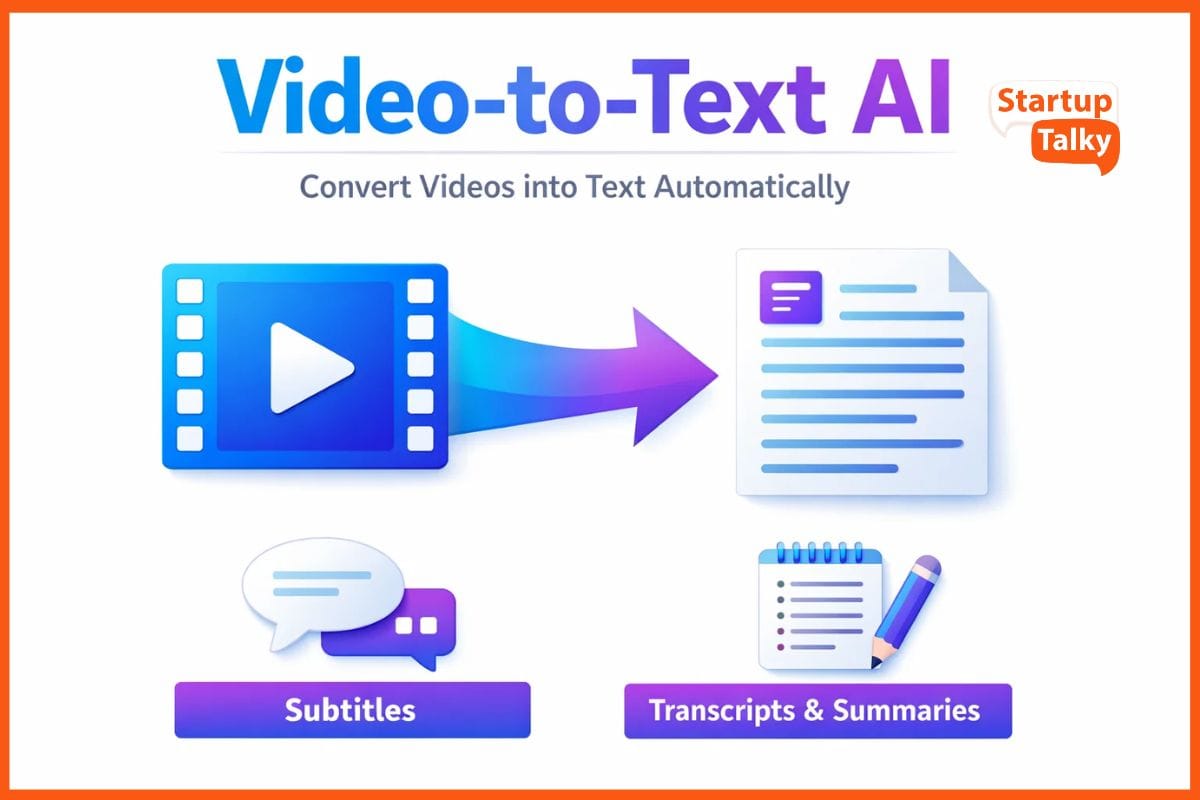Digital Marketing Strategies for Real Estate agents
Digital Marketing Tools
Real estate is one of the most competitive markets on the planet. One of the biggest challenges of being a real estate agent is to be found by homebuyers. You may be new to the industry or you may have some experience as an agent, and finally want to establish your presence online.
But as a real estate professional, you may not have time to test your online strategy as well as manage your business. When you focus on your business, you might ignore your online presence or it might not be suitable to your needs.
So what can be done?

Let’s face it. After 2020, this industry has become even more tighter and marketing strategies that were useful just a few years ago might be on shaky ground now.
However, it’s time to break the cycle. The first and foremost thing you need to balance your time between your business and your online presence is a solid marketing plan. A plan that you can execute every single week and within minutes, will keep you from falling back into the vicious cycle.
This step-by-step marketing guide will help you generate leads, turn them into paying clients and help people buy or sell homes.

Strategies for successful marketing
Step 1: Who’s your audience?
The first step of execution is to find out Who your target audience is. Before going forward with any marketing plan, you need to segment your audience. For instance, you may come across buyers who are willing to buy a space right now, or some who might be buying a home in a few months.
The key here is to provide information to buyers and sellers that is relevant to their stage in the real estate process. If your marketing message tries to appeal to everyone in your database, then it is likely that your message will be ignored.
Step 2: Which platforms should you use?
The short answer is, everywhere. Omni platform marketing works wonders for people who want to build a marketing strategy from ground-up.
After you have figured out your audience, it is time to communicate your ideas with them. So, the more platforms you use to out up your message, the more leads you will generate.
However, if even you market the same thing, it is important to tailor your message for each social platform. For example: A great twitter post might not be as effective on Facebook or LinkedIn.
So how do you make your content relevant on Facebook? You will want to use hashtags and tagging brands to increase engagement. On LinkedIn, you might want to include stats and data and use a research-focused approach.

Step 3: Create a real estate website
If you are serious about your real estate business, then this should be a no-brainer. The centerpiece of your marketing strategy should be your website. How else will people find you, after all?
A good looking website will show your customers that you are a professional as well as help you rank better for local search terms. Most people will visit your site to see home listings either for buying or selling. Make sure that your website is up to date with photos and information, like the address, nearby locations, transport details etc.
This section must be easy to browse and should load quickly. Overall your site must be responsive and as speedy as possible. The faster your website loads, the likely you are to lose clients who are impatient to wait for the information. Having a minimalistic website with clear site navigation will be a big help in keeping users on your website.
Finally, it is important that you provide your contact information and in such a way that it can be found within mere seconds. You might lose valuable business if your customer decides to leave your website because they couldn’t find your information.
Step 4: Establish an online presence
After you set up your website, the next step is to establish your online presence and one way of getting your name “out there” is being active online.
The key to great marketing is, momentum. The ultimate marketing plan for a real estate agent includes weekly content and marketing campaigns for each life cycle in the real estate journey like, coming soon, just listed, just sold etc.
For instance, before you even list a space or house for sale, you can create a buzz amongst your clients with a “coming soon” campaign. If you are lucky then you might even get the home sold before listing, and can start a conversation with potential buyers as to what they are looking for.
Another way to engage with your audience is to establish yourself locally, by commenting on blog posts, forums and groups about real estate. Include a short write-up about your services on your comments and you might convert a simple reader to a potential customer. However, avoid spamming links to your website or anything that is not relevant to the conversation. You want to be insightful and helpful, and not annoying while you conduct your business online.
Step 5: Nurture leads through E-mail Marketing
This final step will take your casual customer base of FB, Twitter or even your website and convert them into paying clients. That's the end result a real estate agent should be looking for and it only takes 5 steps to get here.
The best way to build an email-list is to ask permission from your clients once they sign up on your website. Having pre-written automated emails that go out when a lead does something specific will help you tremendously. As email-marketing has very high open rates, you can use it to engage and re-engage your leads.
Welcome emails - Welcome your customer once they sign up. You might lead them up to your website and offer them exclusive first-time deals to instantly nurture your relationship
Information request emails - Did a house that meets your client criteria pop up on the market? Then send them an email attached with pictures. You can send multiple people the same email, and with email automation you can personalize it to each buyer individually without spending anytime.
Re-engagement - If someone inquired about a house that they are willing to buy but aren’t responding to your calls. You can send them an email exploring their options to see if they are still interested in buying.
Email newsletters are another great way to keep your leads informed about the market. Tips for buying and selling, new listings in the area, or links to your blog posts and videos will allow you to send the right information to the right person.
The Bottom Line
Each marketing strategy is personalized. It all starts with knowing who your audience is, engaging with them and finally converting them into paying clients. Optimizing your website and having a marketing strategy every week will help you not only minimize the time you spend online but will let you focus more on your business.
A poorly thought out marketing plan could be costly. No matter what strategy you choose to use, never expect a quick return. As the age old adage goes, Slow and steady wins the race.”
If you use the proven, real estate marketing strategies in this article, you will get more leads, close more deals and your entire approach will be cost-effective.
Must have tools for startups - Recommended by StartupTalky
- Convert Visitors into Leads- SeizeLead
- Website Builder SquareSpace
- Run your business Smoothly Systeme.io
- Stock Images Shutterstock






